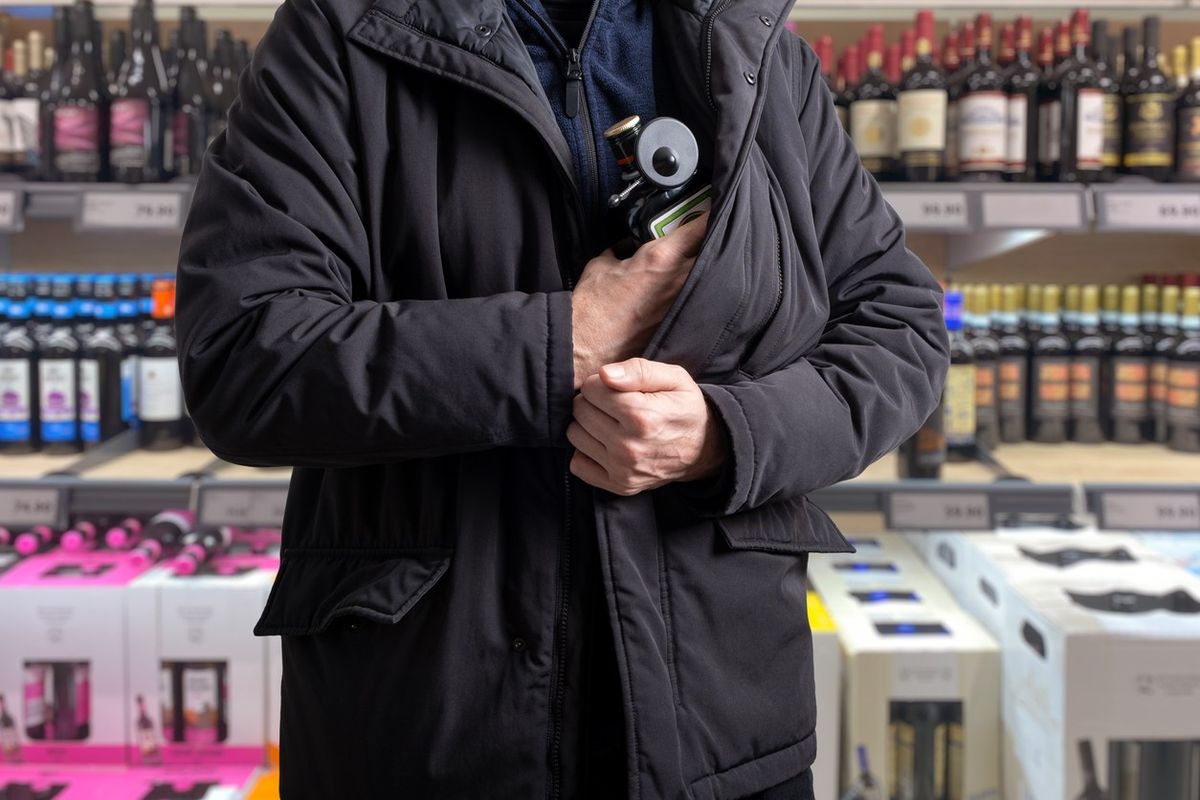The latest episode of our High Street Matters podcast has uncovered disturbing insights into shop theft, moving far beyond what many wrongly dismiss as a victimless crime. Through conversations with Professor Emmeline Taylor, one of Britain's leading retail crime experts from City, St George's University of London, we've gained crucial understanding of why criminals target independent retailers.
What emerges is a picture far more complex than many might imagine. We're no longer dealing with simple opportunistic theft. Professor Taylor's research reveals three distinct groups at work. opportunists, drug-affected persistent offenders, and organised criminal gangs who have identified retail as a high-reward, low-risk target.
The scale of the problem is staggering. One former offender interviewed by Professor Taylor needed to steal £1,500 worth of stock daily just to fund their addiction. When you multiply this across the country, the impact on retail businesses becomes clear.
What's particularly concerning is how criminal behaviour has evolved. These aren't opportunistic thieves taking a few items. The targets have expanded beyond traditional high-value goods like groceries, alcohol and cigarettes. Everything is now at risk, and the perpetrators are increasingly calculated in their approach.
For independent retailers, the impact goes far beyond lost stock. These are often family businesses, built through years of hard work and personal investment. When theft occurs, it's not just merchandise being stolen - it's someone's savings, their security, their peace of mind.

The mental toll on our shopkeepers is overwhelming. Many report feeling vulnerable and unsupported, facing daily threats and aggression. This isn't just about financial loss - it's about the human cost to people who are the backbone of our high streets.
Through the podcast series, we're bringing these issues to light, providing crucial insights into criminal psychology and behaviour. Understanding why these crimes occur is the first step toward developing effective prevention strategies and securing better support for our members.
The High Street Matters podcast continues to explore these and other crucial subjects impacting independent retailers. New episodes will be released throughout the year, covering various topics relevant to today's retail landscape. What's clear from this episode is that retail crime requires a coordinated response - this has become nothing less than a national crisis. You can find all of our podcasts on major platforms by searching for "High Street Matters". Please do give it a listen!

